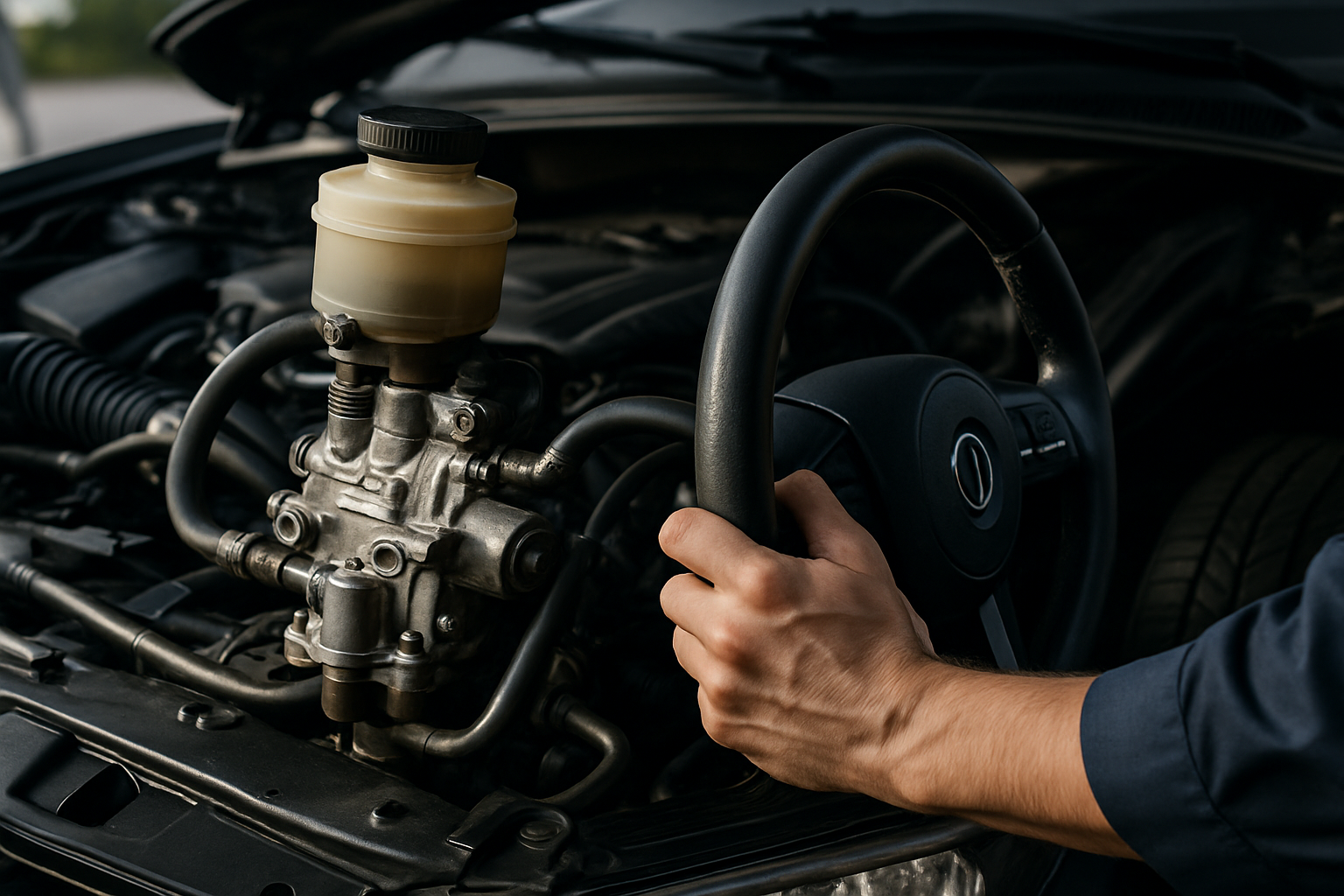Car Auction Guide for Smart Vehicle Purchases
Exploring car auctions opens the door to finding vehicles at competitive prices while learning how bidding works. From classic cars to everyday models, auctions offer a dynamic way to discover options, compare deals, and gain insight into the automotive market.

How Car Auction Bidding Strategies Work
Successful bidding requires preparation and discipline rather than impulsive decision-making. Research vehicle values using resources like Kelley Blue Book or Edmunds before attending auctions to establish realistic price limits. Set maximum bid amounts for target vehicles and stick to these limits regardless of auction excitement or competitive pressure from other bidders.
Professional buyers often employ proxy bidding through auction representatives who understand market conditions and can execute strategic bids without emotional involvement. This approach helps maintain objectivity while competing against experienced dealers who regularly participate in these events. Timing plays a crucial role, as late-day auctions may feature fewer active bidders, potentially creating opportunities for lower winning bids.
Essential Tips for Buying Cars at Auctions
Inspection opportunities vary significantly between auction types, making pre-auction vehicle evaluation critical for successful purchases. Arrive early to examine target vehicles, focusing on engine condition, body damage, interior wear, and maintenance records when available. Many auctions provide limited inspection time, requiring efficient assessment skills to identify potential issues quickly.
Documentation preparation streamlines the purchasing process and prevents delays during checkout procedures. Bring valid identification, proof of insurance, financing pre-approval letters, and sufficient funds for deposits or full payment. Some auctions require dealer licenses or specific registration processes, particularly for wholesale events that restrict general public participation.
Transportation arrangements should be confirmed before bidding, as most auctions require vehicle removal within specified timeframes. Research towing services or trailer rental options in advance, especially for non-running vehicles or when purchasing multiple cars during single auction events.
Understanding Car Auction Processes
Different auction formats cater to varying buyer needs and vehicle types, from government surplus sales to dealer wholesale events. Live auctions feature traditional auctioneer-led bidding with immediate sale completion, while online platforms extend bidding periods and reach broader audiences. Reserve auctions include minimum acceptable prices set by sellers, whereas absolute auctions sell vehicles regardless of final bid amounts.
Registration requirements typically include identity verification, financial qualification checks, and agreement to auction terms and conditions. Some venues charge buyer premiums ranging from 5% to 10% of winning bid amounts, plus documentation fees, transportation costs, and applicable taxes that increase total purchase expenses beyond bid prices.
Payment methods vary by auction house, with many requiring immediate full payment or substantial deposits followed by complete payment within 24 to 48 hours. Credit card limits, cashier’s check requirements, and wire transfer procedures should be understood before participating in bidding activities.
| Auction Type | Average Fees | Typical Vehicle Categories | Registration Requirements |
|---|---|---|---|
| Manheim Auctions | 8-10% buyer premium | Dealer trade-ins, fleet vehicles | Dealer license required |
| Copart | $199-499 + percentage | Salvage, insurance vehicles | Public registration available |
| Government Surplus | 0-5% processing fees | Police, municipal fleet | Government ID verification |
| Barrett-Jackson | 8% buyer premium | Classic, collector vehicles | Credit verification required |
| IAA | $300-600 + percentage | Insurance, fleet vehicles | Business registration preferred |
Prices, rates, or cost estimates mentioned in this article are based on the latest available information but may change over time. Independent research is advised before making financial decisions.
Vehicle condition reports provide valuable information about mechanical issues, accident history, and estimated repair costs when available. Grade systems help buyers quickly assess vehicle quality, though these ratings should supplement rather than replace personal inspections whenever possible.
Making Smart Auction Purchases
Budget planning extends beyond winning bid amounts to include all associated costs that impact total vehicle acquisition expenses. Factor in buyer premiums, documentation fees, transportation costs, immediate repairs, and registration expenses when calculating maximum acceptable bid levels for target vehicles.
Market timing influences auction inventory and competition levels throughout the year. End-of-lease vehicle influxes, seasonal demand patterns, and economic conditions affect both vehicle availability and pricing trends across different auction venues and geographic regions.
Post-purchase procedures vary by auction type but generally include title transfer processes, temporary registration requirements, and insurance activation before vehicle removal from auction premises. Understanding these requirements prevents delays and additional storage fees that some facilities charge for extended vehicle retention periods.
Car auctions offer opportunities for knowledgeable buyers to acquire vehicles at competitive prices while requiring thorough preparation and disciplined execution. Success depends on understanding specific auction processes, developing realistic bidding strategies, and maintaining focus on predetermined budget limits throughout the purchasing experience. Whether targeting everyday transportation or specialty vehicles, auction participation rewards careful research and systematic approaches over impulsive decision-making in these dynamic marketplace environments.




